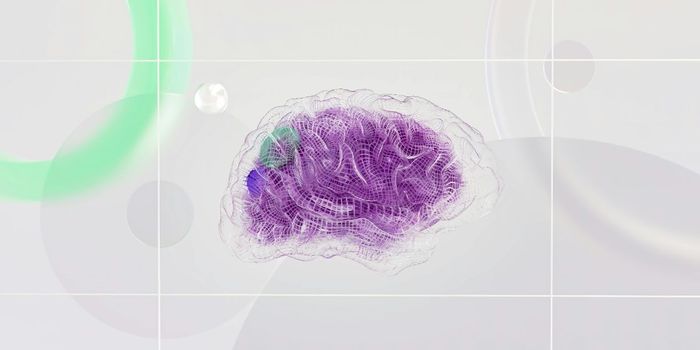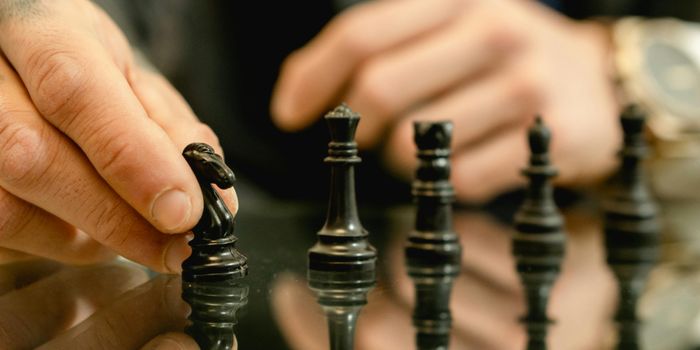Alzheimer’s Disease and other forms of dementia are devastating to patients and their families because when memories are lost, the connection to others is also lost. Recent research on how the brain processes memories may lead to a way to manipulate memory and perhaps even retrievable previously lost memories.
Published March 16, 2016 in the journal Nature, scientists at Yale School of Medicine used laboratory mice that they were altered to show signs of memory loss and Alzheimer’s Disease. They then set about trying to create a memory that would be lost when the mice were altered to develop Alzheimer’s so they could attempt to retrieve it. Neuroscientist Susumu Tonegawa of MIT and colleagues worked with the Yale team and came up with a way to mark a specific set of nerve cells in the brain that stored a memory. They began with a very basic memory. The mice were placed in a cage different from their own and received an unpleasant but not harmful electric shock and they remembered it.
Then they altered the mice. Some of the mice had been genetically altered, possessing two genes that are believed to be responsible for memory loss in Alzheimer’s patients. When the mice with these genes were returned to the cage where the shock occurred, they did not show as many specific fear behaviors as the mice that were not given Alzheimer’s genetically. Mice with the memory loss genes did not act afraid and did not seem hesitant to be in the cage where something unpleasant had happened, whereas the mice with normal genes acted much more afraid and showed classic fear symptoms and behaviors.
To retrieve the forgotten memory of the shock given to the mice, the researchers introduced a protein that allowed them to control the previously tagged memory nerve cells. This protein was activated with a flash of blue laser light that was delivered via an optic fiber implanted in the brains of the mice. When the mice who had forgotten their scary electric shock experience were exposed to the laser light, the fear response came right back, telling researchers that it was the manipulation of the nerve cells that caused the memory to return and not any environmental hints in the cage or lab surroundings.
Yale School of Medicine neurologist Arash Salardini who worked on the study said in a press release that the result “provides a theoretical mechanism for reviving old, forgotten memories. He explained that while manipulating memories in this way was “once the realm of science fiction” it is now theoretically possible to both mark, track and even retrieve memories.
The research also showed that memories are not gone forever when the brain is affected by Alzheimer’s. The problem is one of retrieval. The study is the first to show the possibilities of not only memory manipulation and restoration, but also to show the specific way single nerve cells process and store memories. Take a look at the video below to learn more about the study and what it could mean for patients with memory loss.
Sources:
Nature Science News









